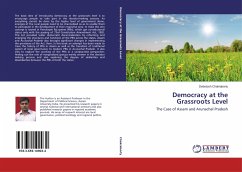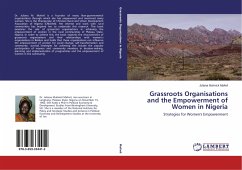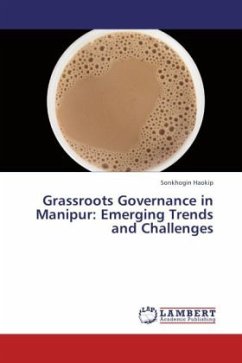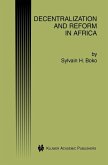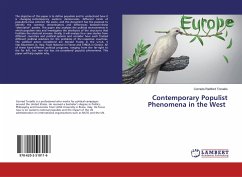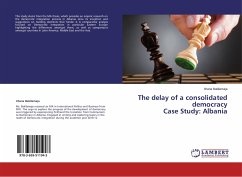The basic idea of introducing democracy at the grassroots level is to encourage people to take part in the decision-making process. As everything cannot be done by the higher level of government alone, energies of the rural people need to be channelized so as to enable them to participate in the development of their respective area. In India this very concept is rooted in Panchayati Raj system (PRIs), which got constitutional status only with the passing of 73rd Constitution Amendment Act, 1992. This Act provided wider democratic decentralization by reforming and enlarging the structures and functions of the PRIs across the states. Assam and Arunachal Pradesh also brought significant changes in implementing the provisions of the Act. Here, in this book an attempt has been made to trace the history of PRIs in Assam as well as the transition of traditional system of local governance to modern PRIs in Arunachal Pradesh. It also tries to explore the working of the PRIs in a comparative perspective, finding out the role of marginalized groups mainly women in the decision making process and also exploring the degree of similarities and dissimilarities between the PRIs of both the states.
Bitte wählen Sie Ihr Anliegen aus.
Rechnungen
Retourenschein anfordern
Bestellstatus
Storno

